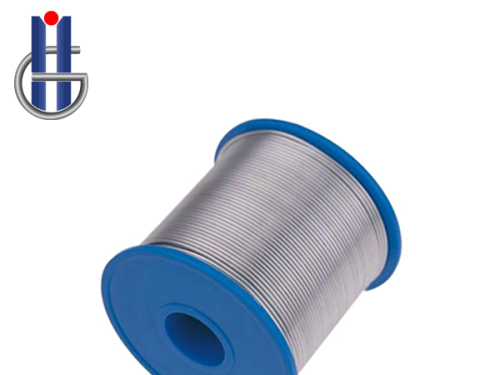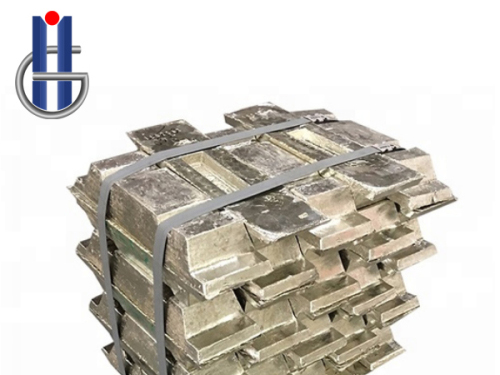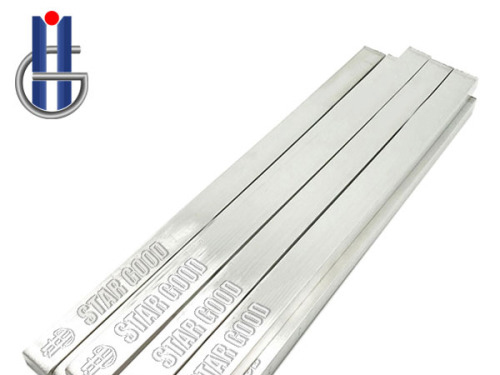Soldering is a common technique used in industrial settings for joining metal components. When working with industrial soldering wire, it's essential to take precautions to ensure safety, achieve high-quality solder joints, and maintain a productive work environment. Here are some precautions for
industrial soldering wire:
Safety Equipment:
Personal Protective Equipment (PPE): Wear appropriate PPE, including safety glasses or goggles to protect your eyes, heat-resistant gloves, and a well-ventilated mask if soldering in areas with fumes.
Ventilation:
Adequate Ventilation: Work in a well-ventilated area or use local exhaust ventilation to minimize exposure to solder fumes. Proper ventilation helps maintain air quality and reduces the risk of inhaling harmful substances.
Soldering Iron Safety:
Temperature Control: Use soldering irons with adjustable temperature controls to avoid overheating. Excessive heat can lead to damage, oxidation, or thermal stress on components.
Proper Storage: Store soldering irons safely when not in use, and make sure they are turned off. Ensure that hot soldering irons cannot cause accidental burns or fires.
Material Compatibility:
Select Suitable Solder Alloy: Choose solder wire with an alloy that is appropriate for the materials being soldered. Different alloys have varying melting points and properties, affecting the soldering process and joint strength.
Flux Considerations:
Appropriate Flux: Use the right type and amount of flux for the soldering task. Flux helps remove oxides and improves the wetting ability of the solder. Excessive flux can lead to reliability issues, so apply it judiciously.
Cleanliness:
Clean Surfaces: Ensure that the surfaces to be soldered are clean and free from contaminants, oxides, or grease. Use appropriate cleaning methods, such as isopropyl alcohol or a specialized flux remover.
Lead-Free Soldering:
Compliance: If working with electronic components or in environments where lead-free soldering is required, use lead-free solder wire. Be aware of the specific requirements for your application and comply with relevant regulations.
Avoiding Cold Joints:
Proper Heating: Allow sufficient time for the soldering iron to heat the joint properly. Cold joints, caused by insufficient heating, can result in poor electrical conductivity and mechanical strength.
Minimize Handling of Solder:
Avoid Contamination: Minimize handling of solder wire with bare hands to prevent contamination from oils and dirt. Use clean tools and equipment, and store solder in a clean, dry environment.
Fire Safety:
Fire Prevention: Keep fire safety equipment, such as a fire extinguisher, nearby. Be cautious of flammable materials in the vicinity, and take steps to prevent fires, especially when working with hot soldering irons.
Training and Supervision:
Qualified Personnel: Ensure that personnel involved in soldering operations are trained and qualified. Supervise less experienced workers to prevent accidents and ensure proper soldering techniques.
Disposal of Waste:
Proper Disposal: Dispose of used soldering materials, such as solder wire remnants and cleaning materials, in accordance with local regulations. Be environmentally responsible and avoid improper disposal practices.
By following these precautions, industrial soldering operations can be conducted safely and efficiently, resulting in reliable solder joints and minimizing potential risks to both personnel and equipment.


 High Purity Tin Ingot: Crucial Applications and Benefits
High Purity Tin Ingot: Crucial Applications and Benefits
 Pure Tin Ingot: Essential Material for Diverse Industrial Applications
Pure Tin Ingot: Essential Material for Diverse Industrial Applications
 Unlocking the Potential of Pure Tin Bars: Essential Components for Diverse Industries
Unlocking the Potential of Pure Tin Bars: Essential Components for Diverse Industries
 Lead Bar for Sale: Uses, Specifications, and Buying Considerations
Lead Bar for Sale: Uses, Specifications, and Buying Considerations